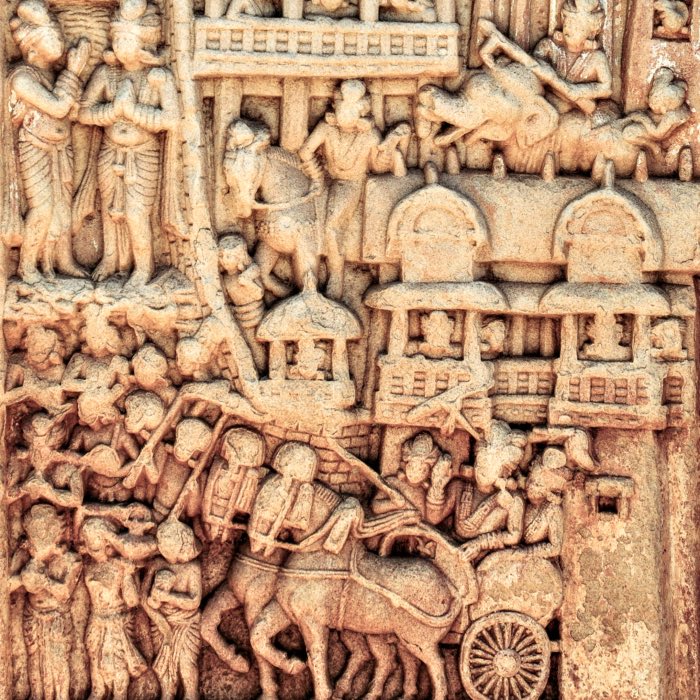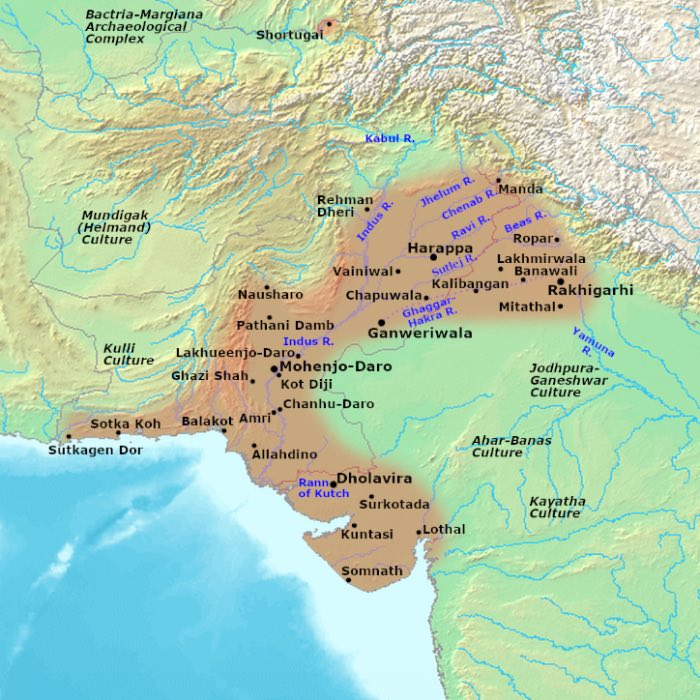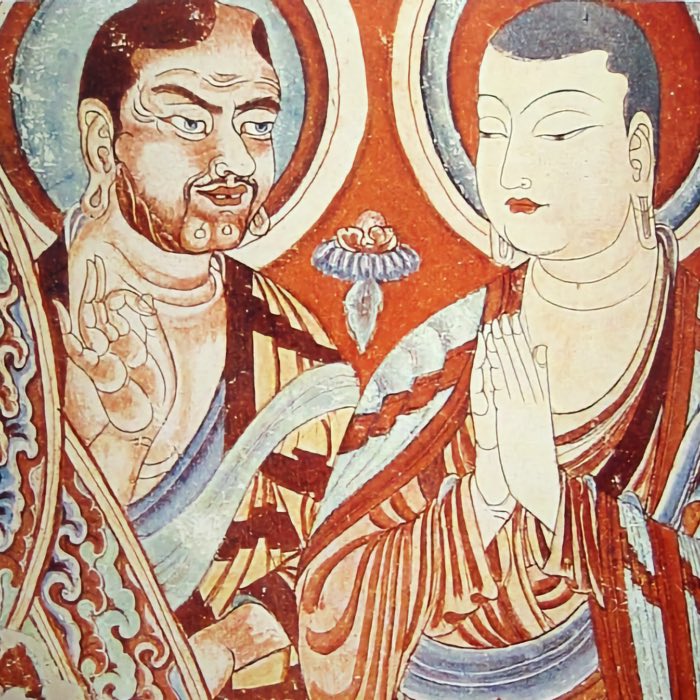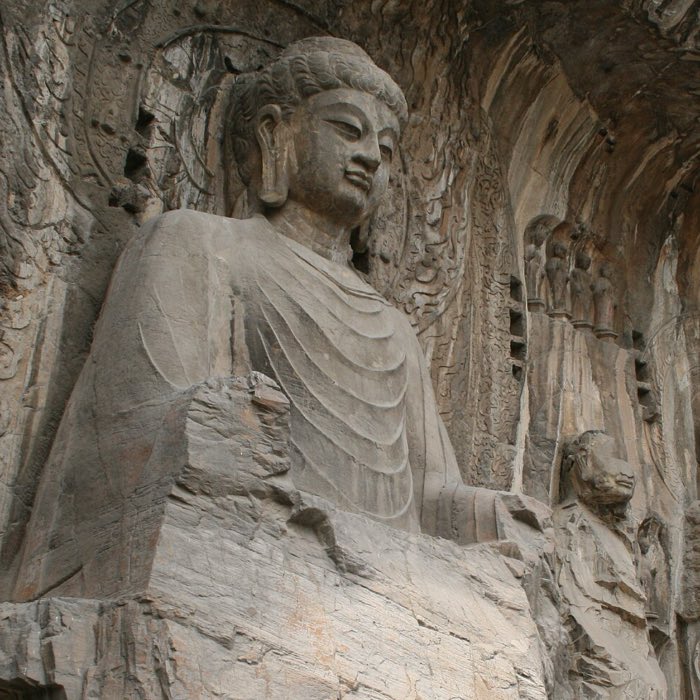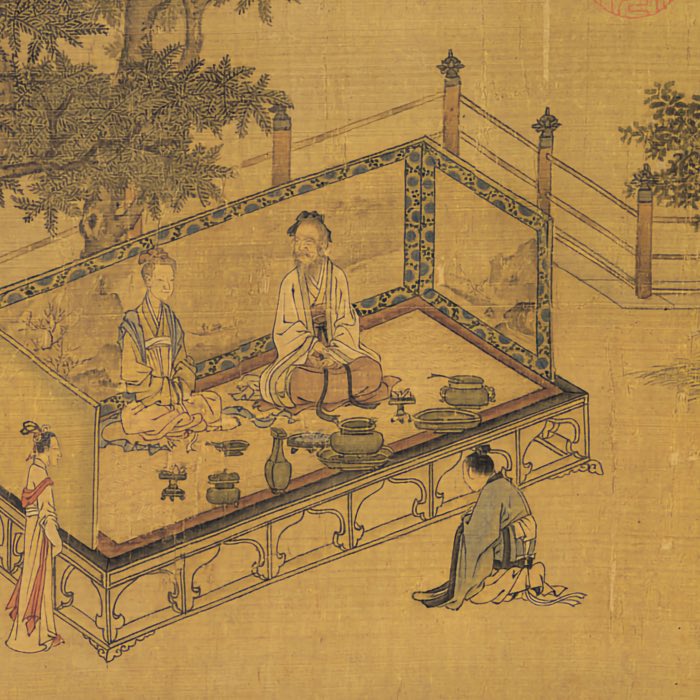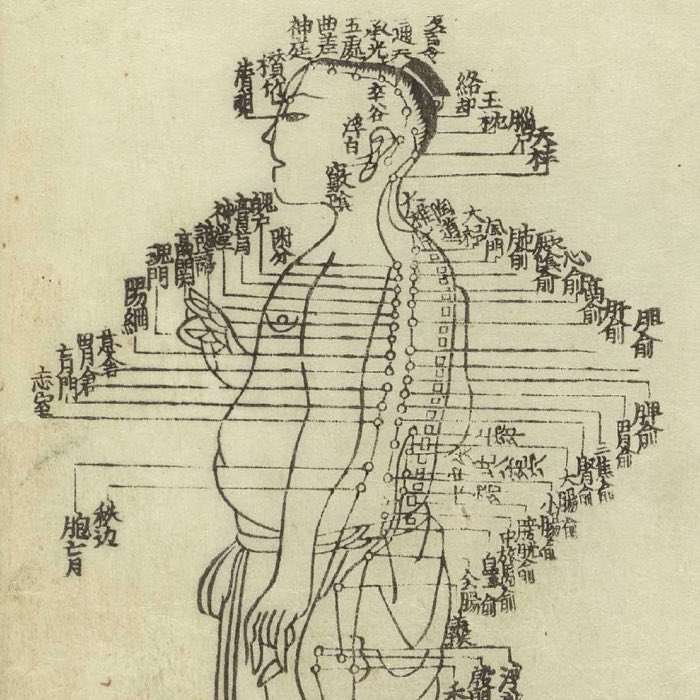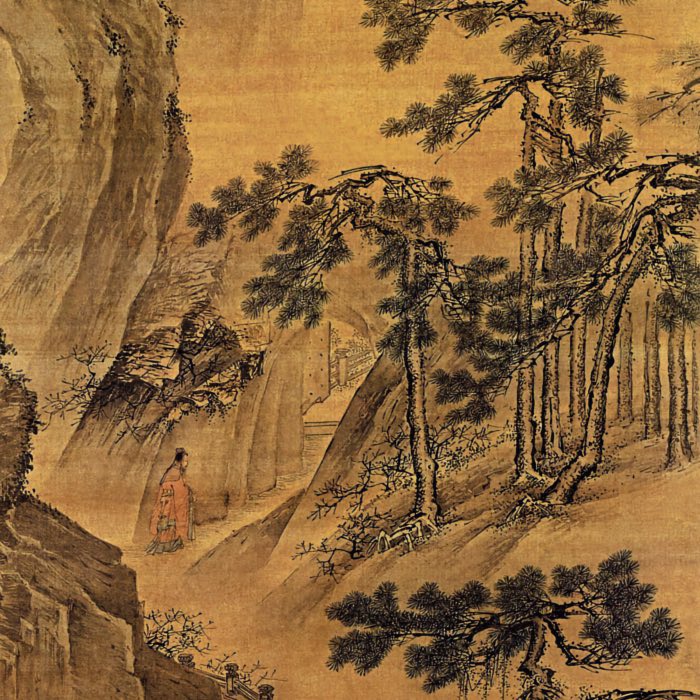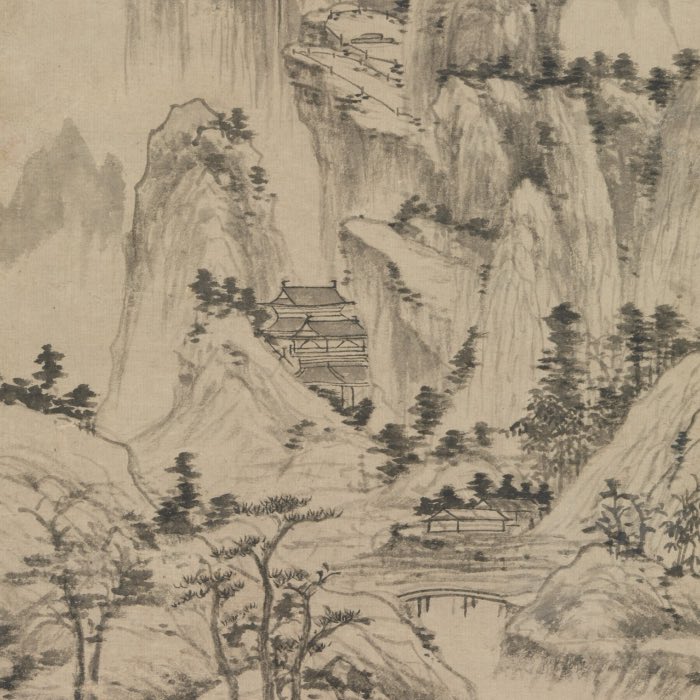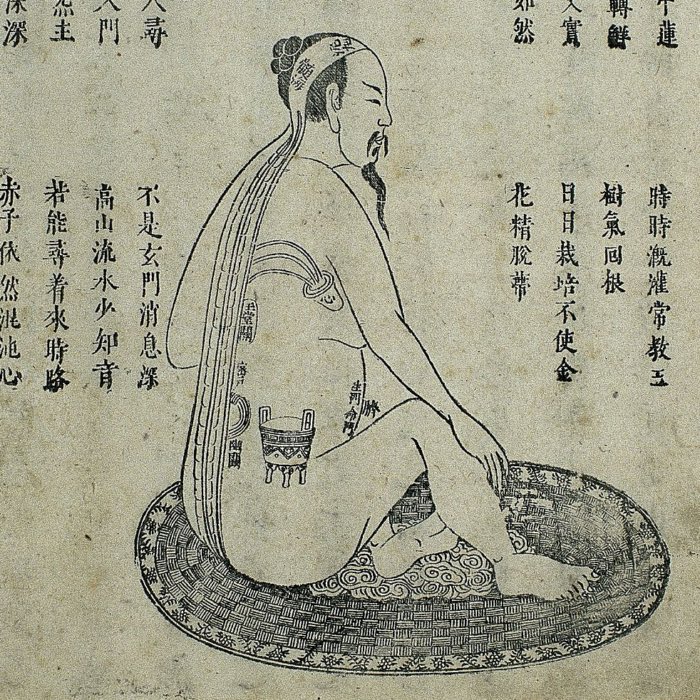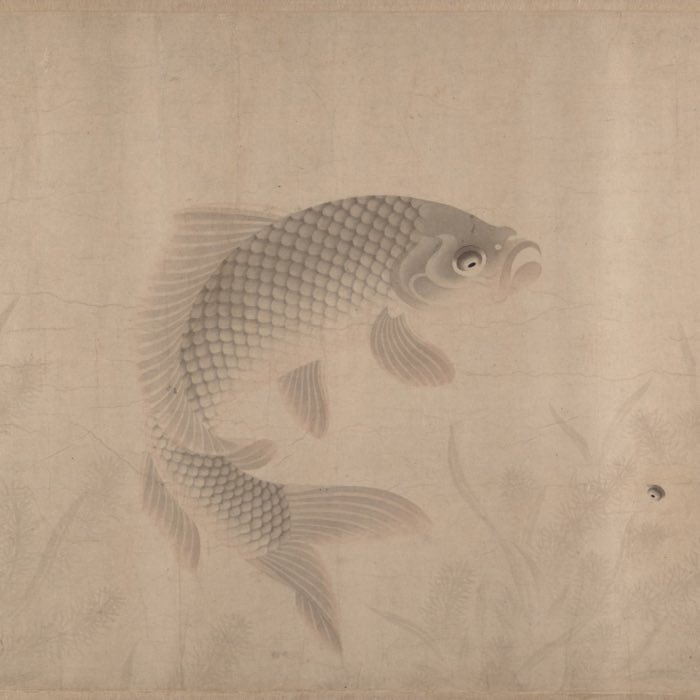Weekend Stories
I enjoy going exploring on weekends (mostly). Here is a collection of stories and photos I gather along the way. All posts are CC BY-NC-SA licensed unless otherwise stated. Feel free to share, remix, and adapt the content as long as you give appropriate credit and distribute your contributions under the same license.
diary · tags · RSS · Mastodon · flickr · simple view · grid view · page 19/36
The Second Urbanization in ancient India
The Second Urbanization refers to a pivotal historical period in the Indian subcontinent, roughly dated between 600 and 300 BCE, when urban life re-emerged on a significant scale after a long phase of predominantly rural and pastoral societies following the decline of the Indus Valley Civilization. This era saw the rise of new cities, trade networks, social structures, and intellectual currents, laying the groundwork for transformative religious and philosophical developments — including early Buddhism and Jainism.
The development of Indian civilization
The development of Indian civilization is a cornerstone in the history of human culture. Emerging in the fertile plains of the Indus and Ganges rivers, it laid the groundwork for some of the most profound cultural, religious, and intellectual advancements in human history. Like Mesopotamia and Egypt, whose civilizations also arose along fertile river systems such as the Tigris, Euphrates, and Nile, and like China, rooted in the Yellow and Yangtze Rivers, Indian civilization demonstrates how geography shaped early societies. Indian civilization, dating back to around 3300 BCE with the Indus Valley Civilization, evolved uniquely while interacting with neighboring cultures and adapting to dynamic historical contexts. Its trajectory reflects a balance of continuity and change, influenced by geography, migration, and innovation.
The Silk Road: A network of ancient trade, cultural exchange, and global transformation
The Silk Road, a vast network of trade routes connecting East Asia to the Mediterranean, played a critical role in shaping the economic, cultural, and political history of the ancient world. Spanning over 6,000 kilometers and linking regions as diverse as China, Central Asia, Persia, India, Mesopotamia, and the Roman Empire, the Silk Road facilitated an unprecedented exchange of goods, ideas, technologies, and religious beliefs. Its significance lies not only in the commodities that were traded but also in the profound cultural interactions that transformed the civilizations it connected.
Alongside other ancient trade routes, such as the Lapis Lazuli Route and the Amber Road, the Silk Road provides compelling evidence of a dynamic flow of commerce and ideas in ancient times. Driven by the pursuit of wealth and sustained by the efforts of countless traders, merchants, and explorers, these routes inadvertently created a vast network that connected the known world far more extensively than might initially be imagined. While the speed and scale of this exchange were vastly different from those of modern global trade, the underlying principles of cultural and economic interaction remain remarkably similar. The exchange of goods, knowledge, technologies, and ideas had a lasting impact on the civilizations along these routes, shaping their development in ways that continue to resonate in modern history.
In this post, we therefore take a closer look at the historical development of the Silk Road and how it facilitated the exchange of key goods, ideas, and cultural practices across Asia, the Middle East, and Europe. .
Emergence of Buddhism in China
Buddhism, originating in India around the 5th century BCE, began to spread into China during the Han dynasty (206 BCE–220 CE). Over the next several centuries, it evolved into a distinctly Chinese form of spirituality by blending with indigenous philosophical systems such as Daoism and Confucianism. The emergence of Buddhism in China represents one of the most significant cultural and intellectual transformations in Chinese history, influencing art, literature, governance, and daily life.
Confucianism: The ethical and philosophical system shaping ancient China
Confucianism is one of the most influential philosophical, ethical, and social systems in ancient China, profoundly shaping Chinese society, governance, education, and culture for over two millennia. Founded on the teachings of Confucius (Kong Fuzi, 551–479 BCE), Confucianism emphasizes morality, proper social relationships, and the cultivation of virtue as the foundations of a harmonious society. Unlike Daoism, which prioritizes harmony with nature and spontaneity, Confucianism focuses on human relationships, social order, and the moral development of individuals. In this post, we take a brief look at the historical development of Confucianism, its key philosophical concepts, and its influence on governance, education, and culture in ancient China.
Traditional Chinese Medicine (TCM): The Daoist foundation of holistic health
Traditional Chinese Medicine (TCM) is a holistic medical system that has developed over thousands of years, rooted in the philosophical principles of Daoism, Confucianism, and ancient Chinese cosmology. TCM views health as a dynamic balance between the body, mind, and environment, emphasizing the flow of Qi (vital energy) and the interplay of Yin and Yang as central to maintaining well-being. Unlike Western medicine, which often focuses on treating specific symptoms or diseases, TCM seeks to restore balance within the entire organism, treating the person as an integrated whole. This post explores the roots of TCM and its significance within the Chinese culture and philosophy.
Chang: The Daoist concept of constancy and perpetual transformation
The concept of Chang (常), often translated as ‘constancy’ or ‘permanence’, occupies a nuanced position in Daoist philosophy. At first glance, Chang may seem paradoxical in the context of Daoism, which emphasizes flux, impermanence, and the continuous transformation of all things. However, in Daoist thought, Chang refers to the underlying constancy of the Dao itself — a principle that persists amidst the ceaseless changes of the phenomenal world. It represents the enduring nature of the Dao as the source and pattern of all existence. This post explores the philosophical foundations of Chang, its relationship with transformation (hua, 化), and its implications for Daoist ethics, cosmology, and personal cultivation.
Pu: The Daoist concept of simplicity
The concept of Pu (樸), often translated as ‘simplicity’, ‘uncarved block’, or ‘primordial state’, is a central metaphor in Daoist philosophy. In Daoism, Pu represents a state of natural potential, unaltered by societal conditioning, intellectual complexity, or artificial refinement. It embodies the Daoist ideal of returning to a simple, uncontrived way of being, where one lives in harmony with the Dao, free from the distortions imposed by human desires and cultural constructs.
Neidan and Waidan: Daoist alchemy and the pursuit of spiritual transformation
Daoist alchemy, a complex and multifaceted tradition, encompasses two primary branches: neidan (內丹), or internal alchemy, and waidan (外丹), or external alchemy. Both traditions share the ultimate goal of achieving harmony with the Dao and transcending the limitations of ordinary human existence, but they differ in their methods. While waidan involves the creation of elixirs from external substances, neidan focuses on internal processes of spiritual and physical transformation through meditation, breath control, and energy cultivation.
Fengliu: The Daoist ideal of graceful flow and elegant conduct
The concept of fengliu (風流), often translated as ‘graceful flow’, ‘elegant conduct’, or ‘cultured style’, embodies a way of life that reflects the spontaneity, naturalness, and refined aesthetics central to Daoist philosophy. While less frequently discussed in formal Daoist texts compared to more prominent ideas like wu wei or ziran, fengliu became a highly influential ideal in Chinese cultural history, particularly in the arts, poetry, and personal demeanor. Rooted in the Daoist emphasis on living harmoniously with the Dao, fengliu represents an aestheticized way of being — graceful, effortless, and free-spirited. In this post, we explore the philosophical origins of fengliu and its significance within the Daoist philosophical tradition and Chinese cultural context.
